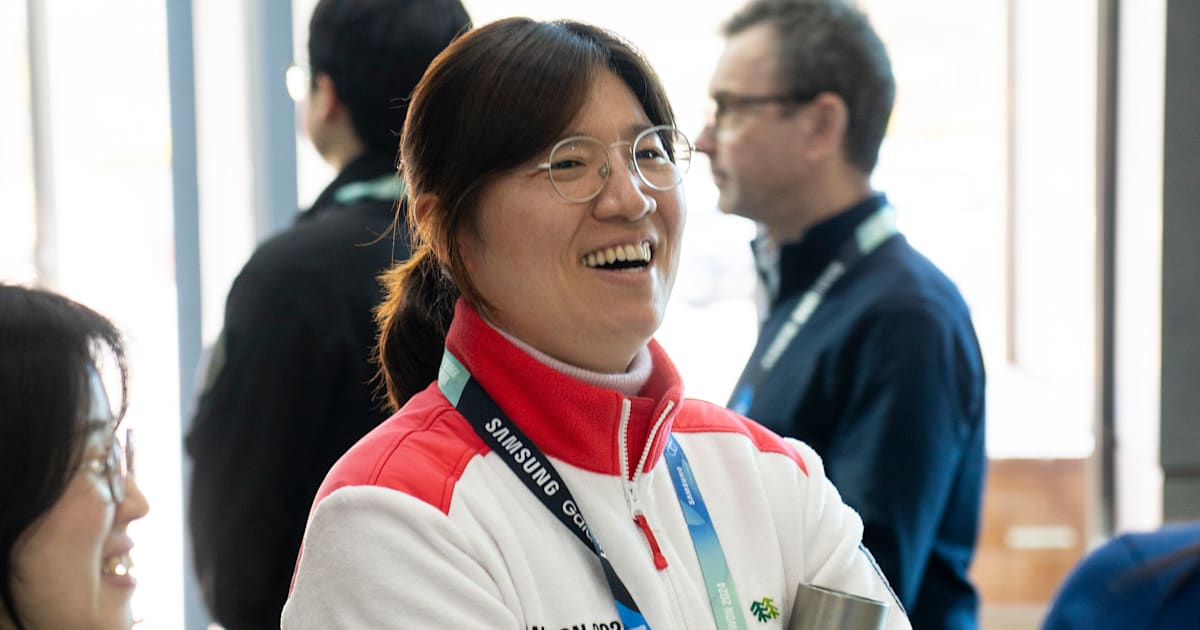Sports
“Hosting big competitions has a crucial role in shaping our sports future”

Appointed last year to oversee sports affairs for the Ministry of Culture, Sport and Tourism, Jang has become an influential figure in South Korean sports policy. She is closely involved with the PyeongChang 2018 Legacy Foundation, the organisation set up to oversee and deliver the legacies of 2018, which ensured that Gangwon 2024 carried the baton to extend the positive impacts of those successful Olympic and Paralympic Winter Games to the youth context and beyond.
“After PyeongChang 2018, we created the PyeongChang 2018 Legacy Foundation and developed the concept of ‘New Horizons’,” she explains. “After Gangwon 2024, we will now expand and grow further in the sports industry.”
How the YOG broaden the horizons of young athletes
The New Horizons programme promotes winter sports opportunities for athletes from countries where development and participation are challenging, and helps to build stronger links between the Republic of Korea and those nations. The Legacy Foundation and Gangwon State supported pre-season training ahead of the YOG through New Horizons training camps and the Dream Programme, which started in 2004 as part of the candidature to host the Olympic Winter Games in Korea. Every year, the Dream Programme invites young people from countries lacking in winter sports opportunities or infrastructure to the Republic of Korea to experience winter sports and Korean culture.
Of those who participated in the two projects, 39 qualified for Gangwon, with two winning historic medals: Agnese Campeol of Thailand won silver in the women’s monobob, and Jonathan Lourimi of Tunisia won silver in the men’s monobob. They were the first medals for those countries in any Winter Olympic event, and it was the first time that the North African country had sent any athletes to the Winter YOG.









